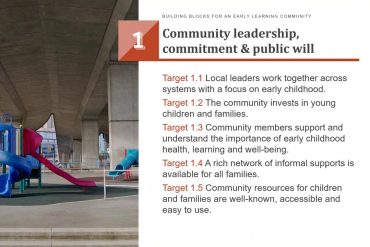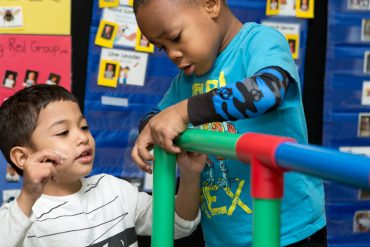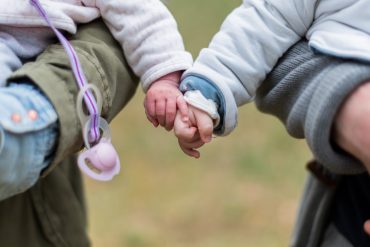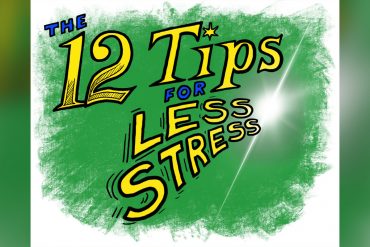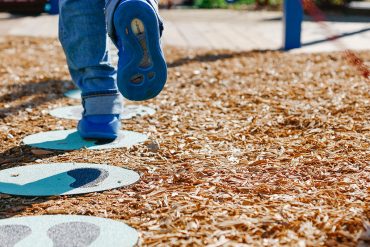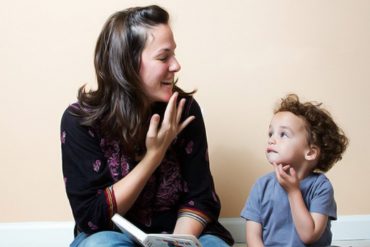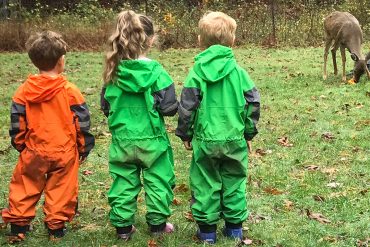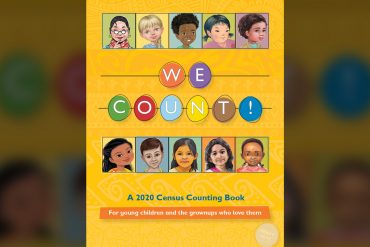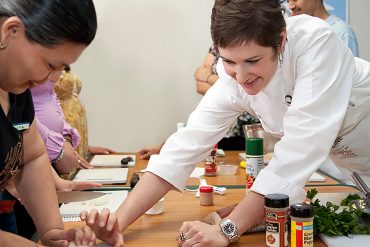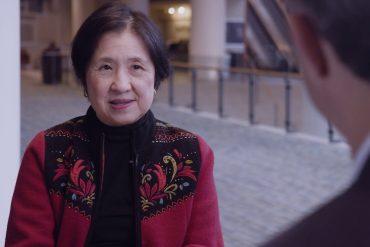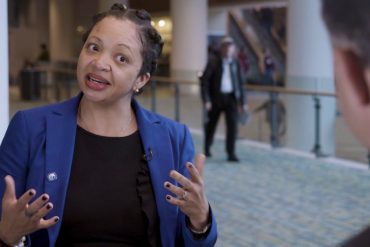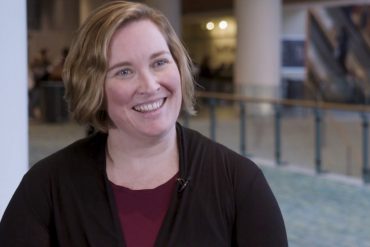Our partners from the Center for the Study of Social Policy held a webinar on Tuesday, January 14, to teach...
The Education Trust recently issued a new report, Young Learners, Missed Opportunities. Subtitled “Ensuring That Black and Latino Children Have...
Language evolves. What was once a just-right phrase that fit a situation like a glove can, in time, become constraining...
Help! We are barreling toward the holiday season, and the brakes aren’t working. Know what I mean? The most wonderful...
Playful Learning Landscapes
Meeting Children Where They Are with What They Need
Plaza. Piazza. Town square. The names may differ region to region, but they describe similar spaces: a place where residents...
I see people signing all the time because I live in the Washington, D.C., area near the Red Line, which...
Most U.S. schoolchildren know more about the Amazon rain forest than the ground beneath their feet and more about penguins...
Everyone counts—homeless or hedge fund manager, black or white, undocumented or Mayflower stock. This is America, right? So what’s up...
When Chef Alicia McCabe encouraged her young daughter to try salsa for the first time, her little girl politely refused....
What are the skills – the tools – children should learn to make it easier to learn to their personal ability, remember on purpose and pay attention? Deborah Leong, Co-founder & President of Tools of the Mind, explains the “Vygotskian tradition” and how young learners can extend their mental capacities the same way physical tools extend one’s physical capacities.
As the importance early childhood learning becomes more widely understood, so, too, does the importance of early learning educators. As she describes, that’s just part of what inspired Clinical Associate Professor Tonia R. Durden to help design and launch the inspiring Birth to Five Program at Georgia State University.
How can communities know the progress they’re making – or areas to grow – in becoming a true center for early learning? In Part Two of our conversation, Cailin O’Connor, Senior Associate at the Center for the Study of Social Policy, explains the metrics, inputs and outputs of the Digital Progress Rating Tool and the early childhood system performance assessment toolkit.


